Hi, my name is Holly Coombs.
I am currently doing a research placement at Bournemouth University as part of the Nuffield programme, which gives people at the end of their first year of A-levels a chance to work with professionals in science based professions.
Alongside PGR Francesco Ferraro, I have been predominantly working on his study on inspiratory muscle training and how by using a device called POWERbreathe is possible to improve inspiratory muscles strength.
I will be at Bournemouth University for four weeks where at the end I am going to write a report that will hopefully be published by the Young Scientist Journal.
My report is going to be on the Timed Up and Go test (TUG). It is going to include information about what the TUG test is, as well as how it can help us to predict falls and measure stability.
My whole aim of this placement is to gain research skills that will help me later in life as I intend to pursue a medical career.
On the 20th July, I got the chance to use two surgical simulators:
The Orthopaedic Research Institute (ORI) contains the Ossim SimK total knee replacem ent simulator, and the VirtaMed knee arthroscopy. This is the only lab in Europe where the two simulators are together.
ent simulator, and the VirtaMed knee arthroscopy. This is the only lab in Europe where the two simulators are together.
Indeed, the ORI produces high-quality research which helps doctors and students to understand and learn more about many fields, including orthopaedic surgery, knee and hip replacements. With the aid of Shayan Bahadori (Orthopaedic Research project manager), I progressed from drilling holes into a piece of woods to trying a full knee replacement. Next, I got to try my hand at a knee arthroscopy which I found very challenging.
From trying these surgical simulators, I have learned that perseverance and resilience are essential. At first, I found that even  just drilling holes into a piece of wood using the simulator was incredibly hard. However, as I used and practiced the simulators more, I could feel myself improving and progressing in the fundamental skills required.
just drilling holes into a piece of wood using the simulator was incredibly hard. However, as I used and practiced the simulators more, I could feel myself improving and progressing in the fundamental skills required.
This is a valuable experience to have gained as it is essential for all careers, not just medical ones.
In conclusion, continuing my placement, I hope to assist in the carrying out of respiratory muscles tests and I hope that by the end of my internship I will have a greater understanding of what it takes to conduct a research study and also how the data collected can be used and analysed.
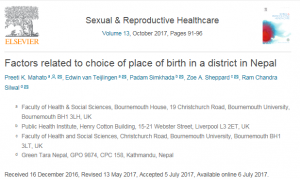
 The National Institute for Health Research is recruiting medical scientists, practitioners and lay people to join its pool of peer reviewers.
The National Institute for Health Research is recruiting medical scientists, practitioners and lay people to join its pool of peer reviewers.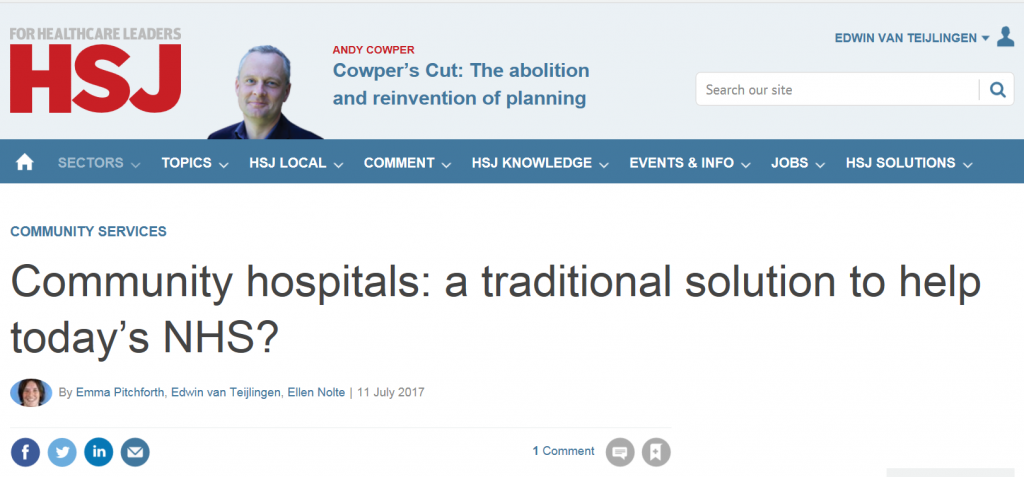
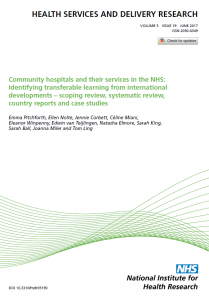









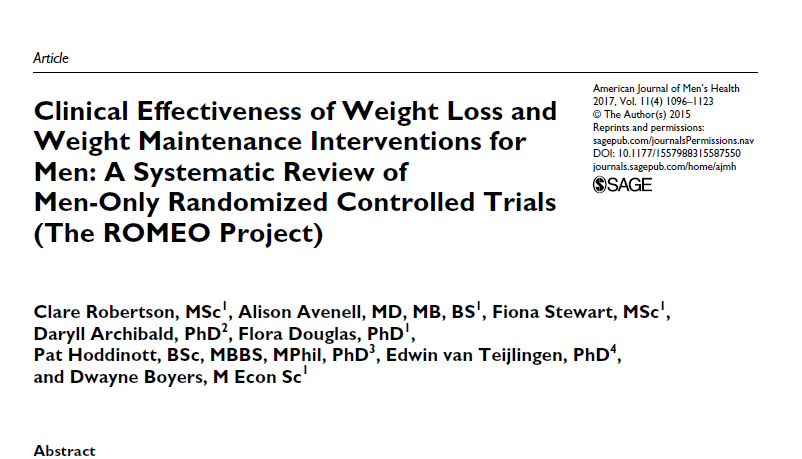
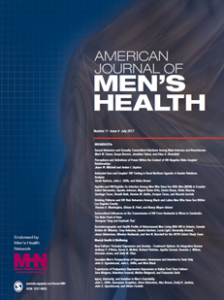
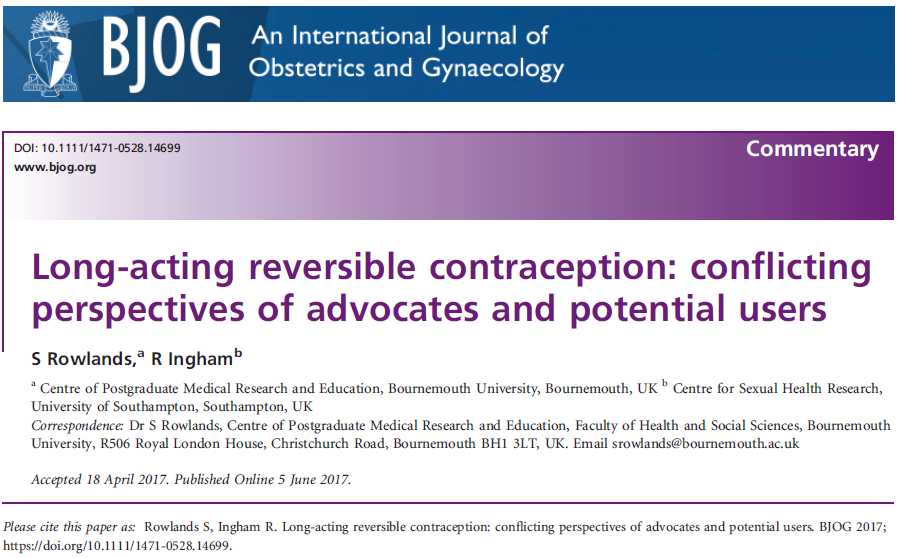
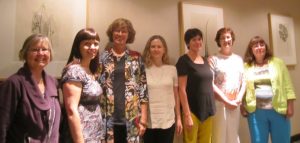
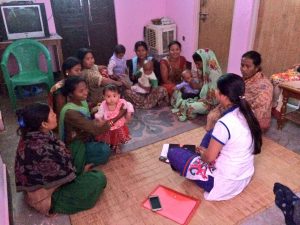
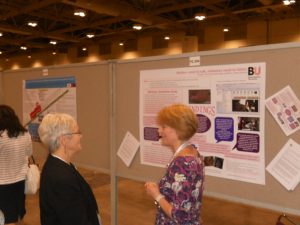
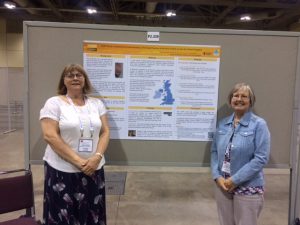
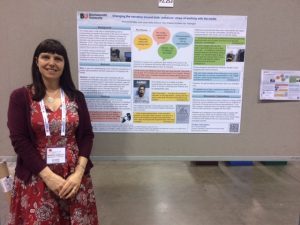
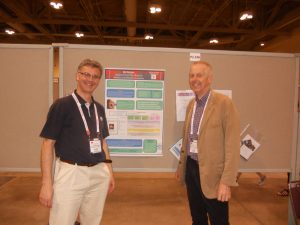

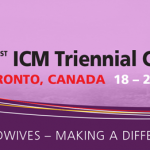
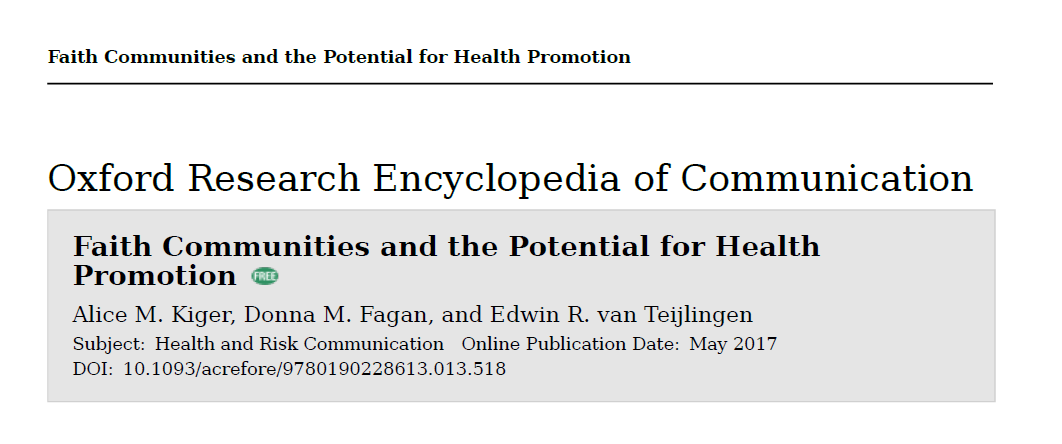




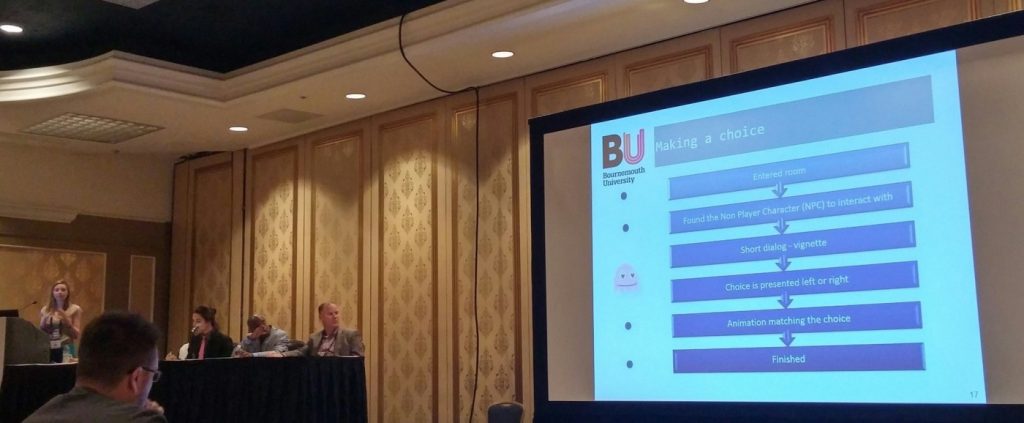 student paper. The research presented was funded by the University Student Research Assistant (SRA) scheme, which involved collaboration between departments and faculties. The research involved creating a game to measure in-game moral decisions. The research team included Jacqui Taylor and John McAlaney from the Department of Psychology, Davide Melacca and Christos Gatzidis from the Department of Creative Technology, and Eike Anderson from the National Centre for Computer Animation.
student paper. The research presented was funded by the University Student Research Assistant (SRA) scheme, which involved collaboration between departments and faculties. The research involved creating a game to measure in-game moral decisions. The research team included Jacqui Taylor and John McAlaney from the Department of Psychology, Davide Melacca and Christos Gatzidis from the Department of Creative Technology, and Eike Anderson from the National Centre for Computer Animation.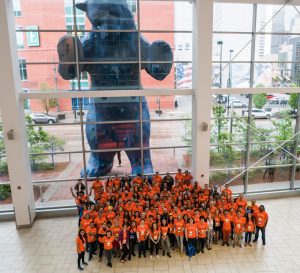
 volunteers with their duties. Sarah found it to be a great experience and highly recommends other students to consider being a student volunteer as a great chance to network and it also helps with funding conferences as the registration fee was waived.
volunteers with their duties. Sarah found it to be a great experience and highly recommends other students to consider being a student volunteer as a great chance to network and it also helps with funding conferences as the registration fee was waived.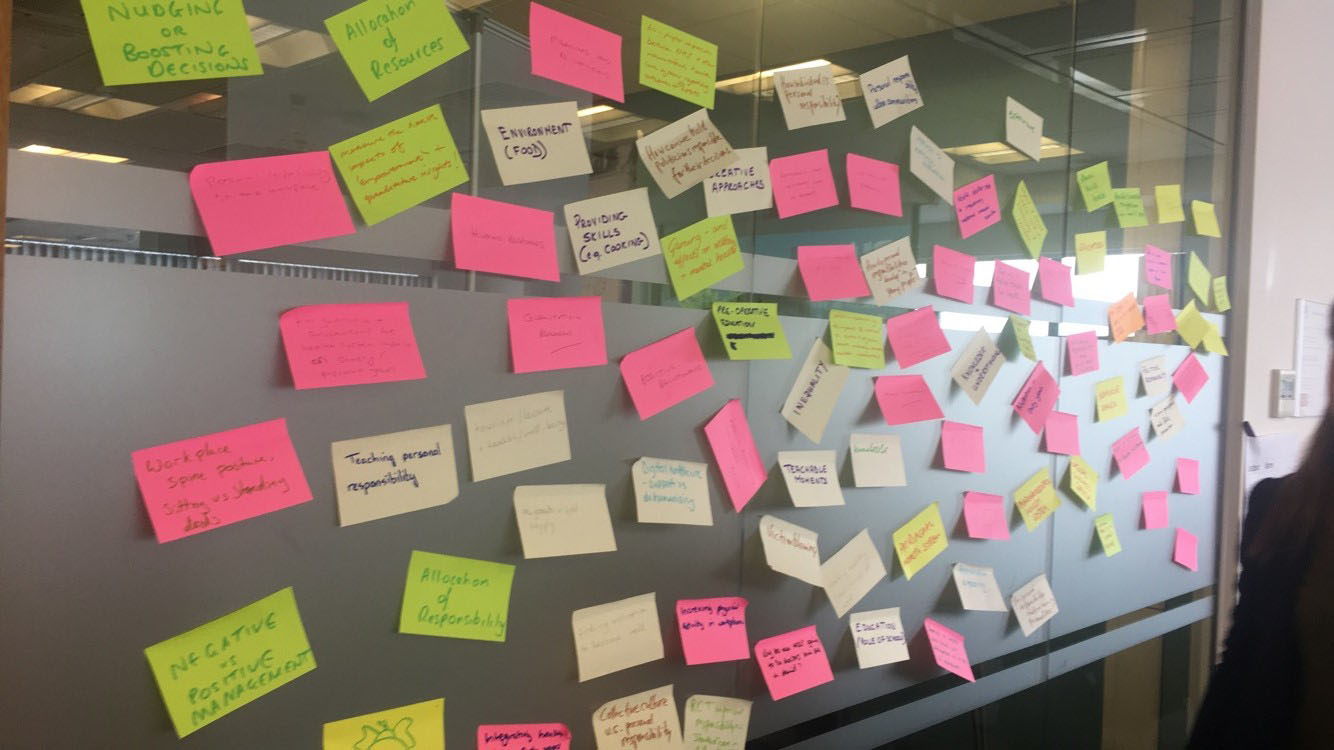 You’ve probably seen on the BU Research Blog, that in RKEO we hold lots of ‘sandpit’ events. If you have ever wondered what a sandpit is, they offer the opportunity to meet new people, and to spend dedicated time developing novel ideas for research projects. They also involve lots of post-it notes, and occasionally some colouring!
You’ve probably seen on the BU Research Blog, that in RKEO we hold lots of ‘sandpit’ events. If you have ever wondered what a sandpit is, they offer the opportunity to meet new people, and to spend dedicated time developing novel ideas for research projects. They also involve lots of post-it notes, and occasionally some colouring!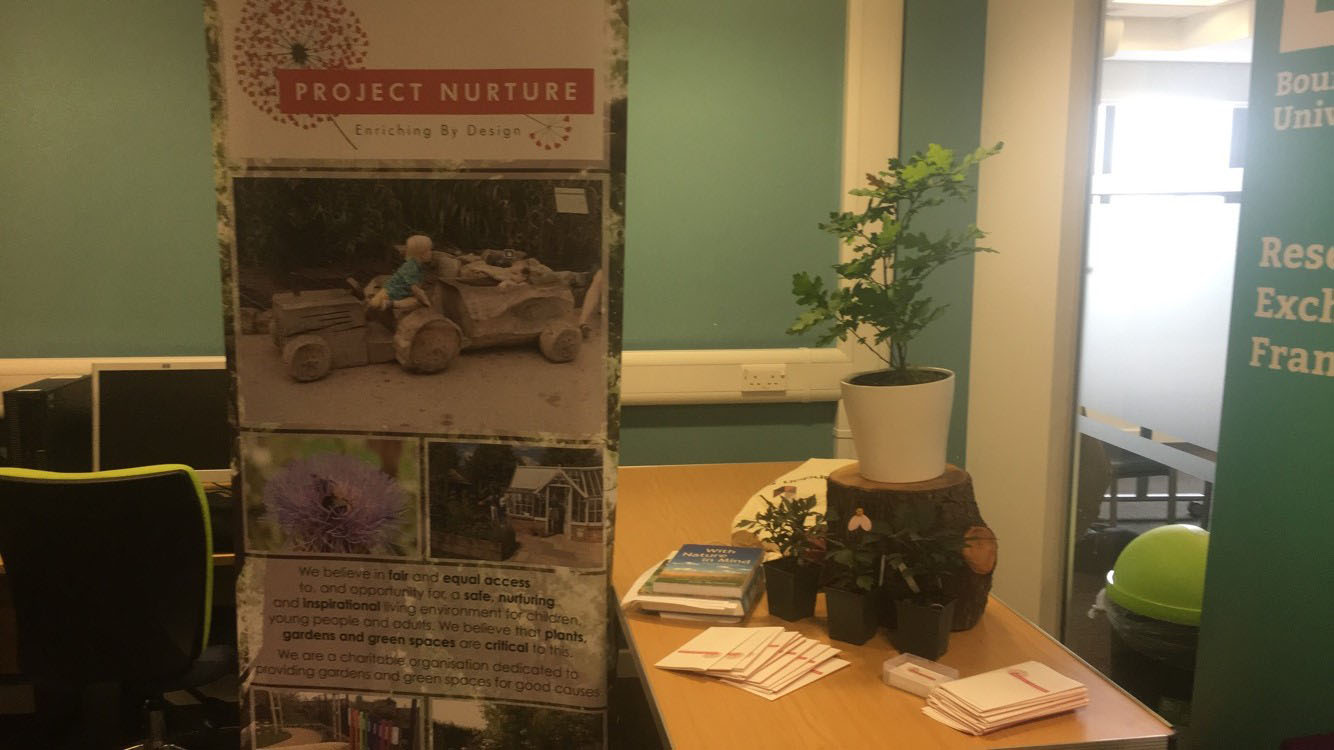 On Tuesday, we welcomed fantastic speakers from
On Tuesday, we welcomed fantastic speakers from 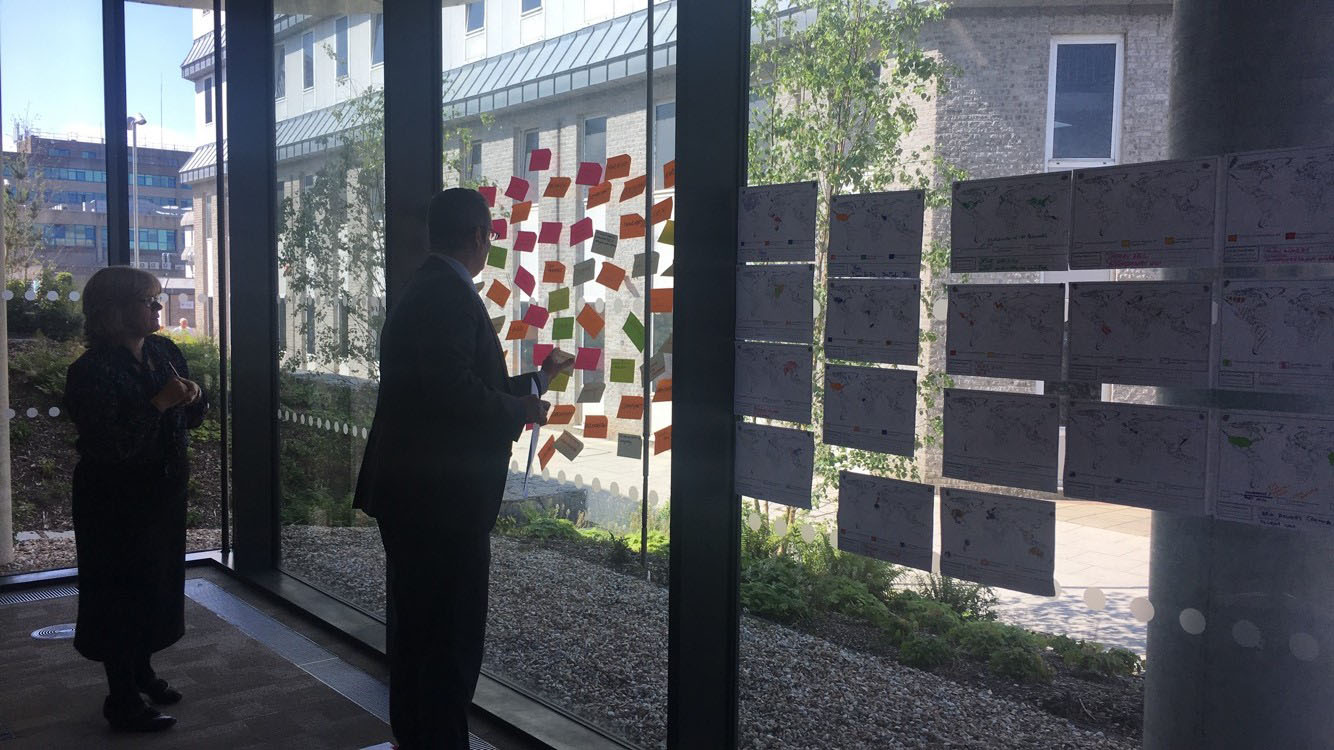 On Wednesday, the
On Wednesday, the 












 ESRC Festival of Social Science 2024 Open Call – Deadline for Applications Thursday 16 May
ESRC Festival of Social Science 2024 Open Call – Deadline for Applications Thursday 16 May We can help promote your public engagement event or activity
We can help promote your public engagement event or activity Horizon Europe News – December 2023
Horizon Europe News – December 2023